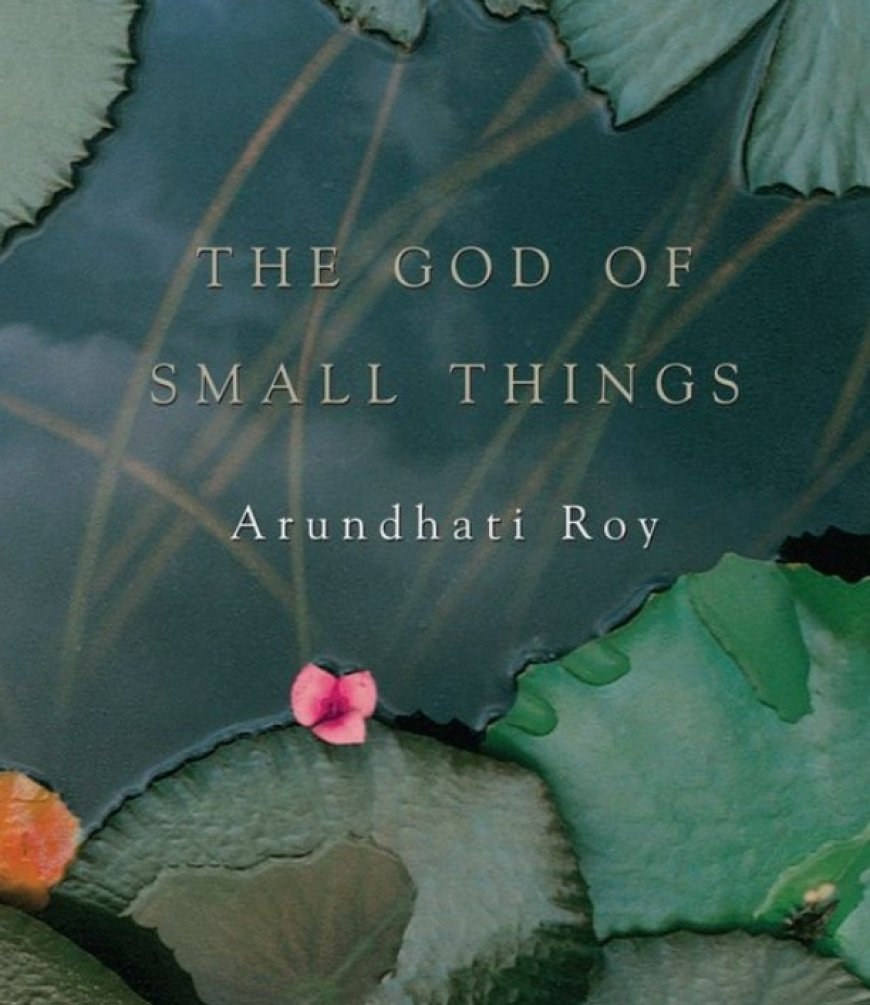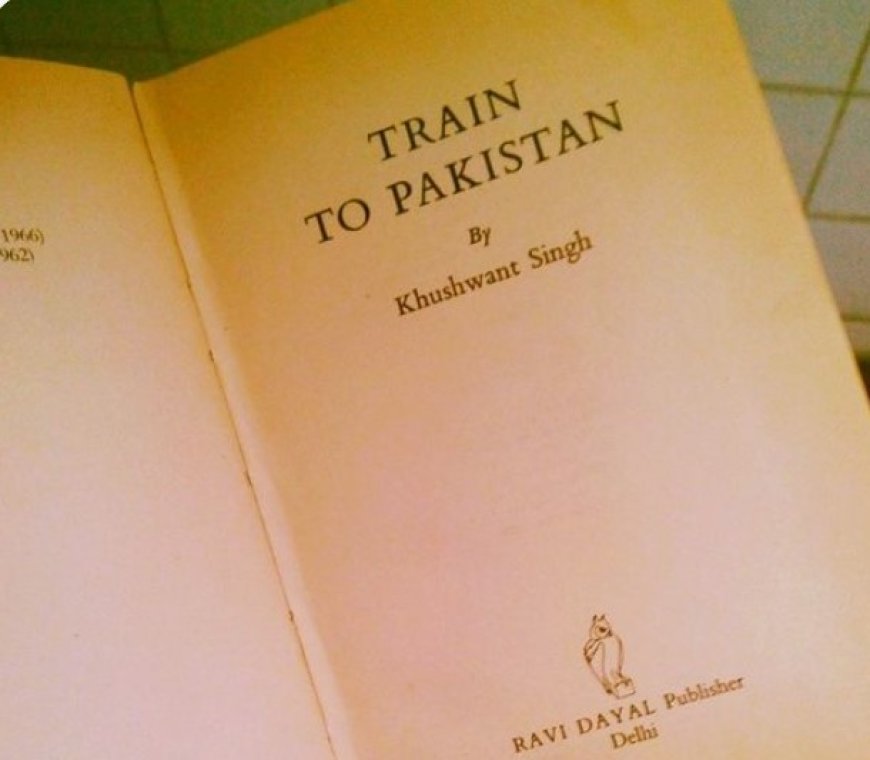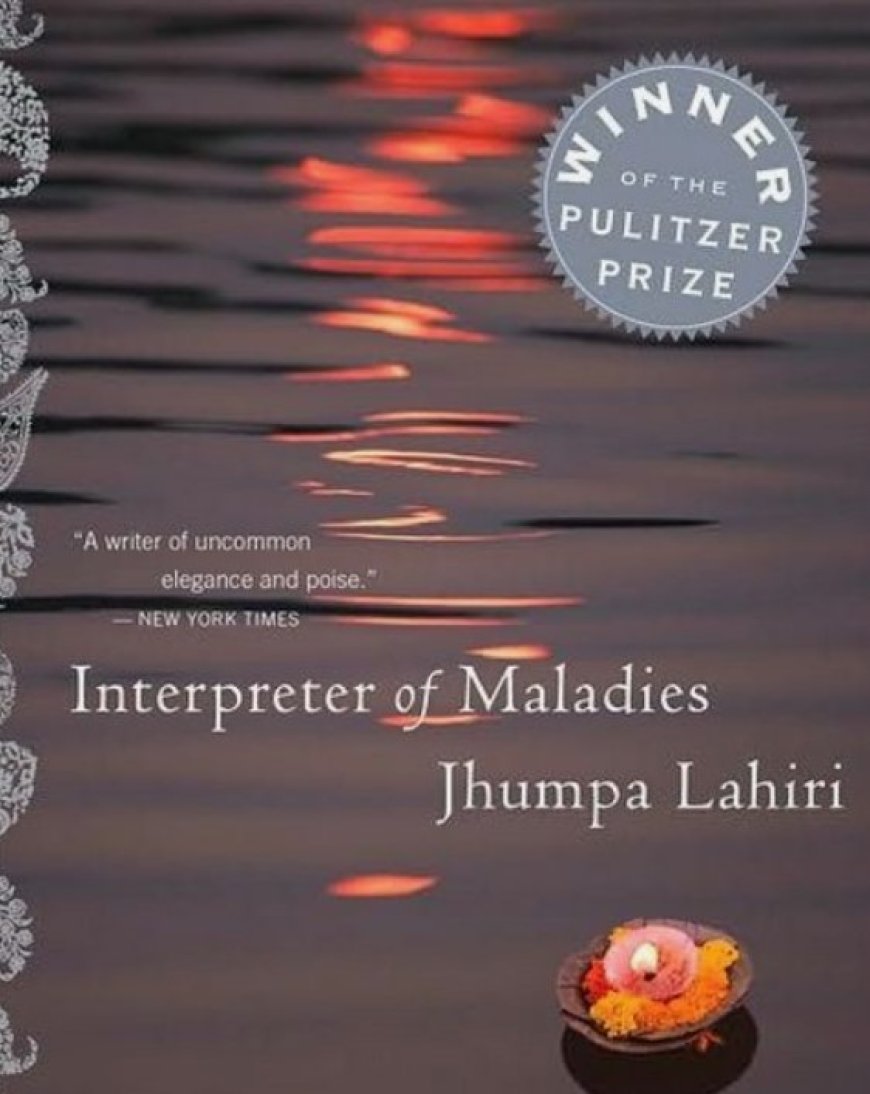Top 5 Indian Books: The God of Small Things," "Midnight's Children," "Train to Pakistan," "The White Tiger," and "Interpreter of Maladies.
Captivating Indian must-reads: "The God of Small Things," "Midnight's Children," "Train to Pakistan," "The White Tiger," and "Interpreter of Maladies.

India has a rich scholarly attitude accompanying innumerable unusual books. Here are five Indian books that are deliberate must-reads for their educational meaning, deep tale, and lasting impact:
- "The God of Small Things" by Arundhati Roy: This Booker Prize-winning novel delves into the lives of identical twins Estha and Rahel in the with regard to the welfare of mankind accused scenery of Kerala. Roy's with rhythm and beauty written investigate ideas of love, misfortune, stratum, and the clash 'tween tradition and novelty.

2. "Midnight's Children" by Salman Rushdie: A generative work of bewitching authenticity, this Booker Prize-winning novel trails Saleem Sinai, the one was innate at the stroke of middle of the night on the epoch of India's freedom. Rushdie weaves a complex narrative that twists private tales accompanying the confused past of India.

3. "Train to Pakistan" by Khushwant Singh: Set all along the Partition of India in 1947, Singh's novel describes the human disaster and collective intensity that followed the disconnection of the country. It offers a bitter survey of benevolence and the complicatedness of conscientious and public identities.

4. "The White Tiger" by Aravind Adiga: This Man Booker Prize-winning novel presents a without hope comical and perceptive depiction of modern India's public and business-related differences. Through analysis of Balram Halwai, a driver-curve-manager, Adiga survey ideas of corruption, slavery, and the occupation of individual independence.

5. "Interpreter of Maladies" by Jhumpa Lahiri: This Pulitzer Prize-winning group of narratives delves into the lives of Indian migrants and the complicatedness of similarity, affinity, and educational displacement. Lahiri's bitter tales offer a glimpse into the poignant countrysides of her integrities, conquering the shadings of the newcomer occurrence.
These five books offer different outlooks on Indian organization, annals, and human knowledge. They are not only very well inscribed but again specify understandings into the rich curtain of Indian education and the entire ideas that resound accompanying proofreaders about the experience.










































































































































































































